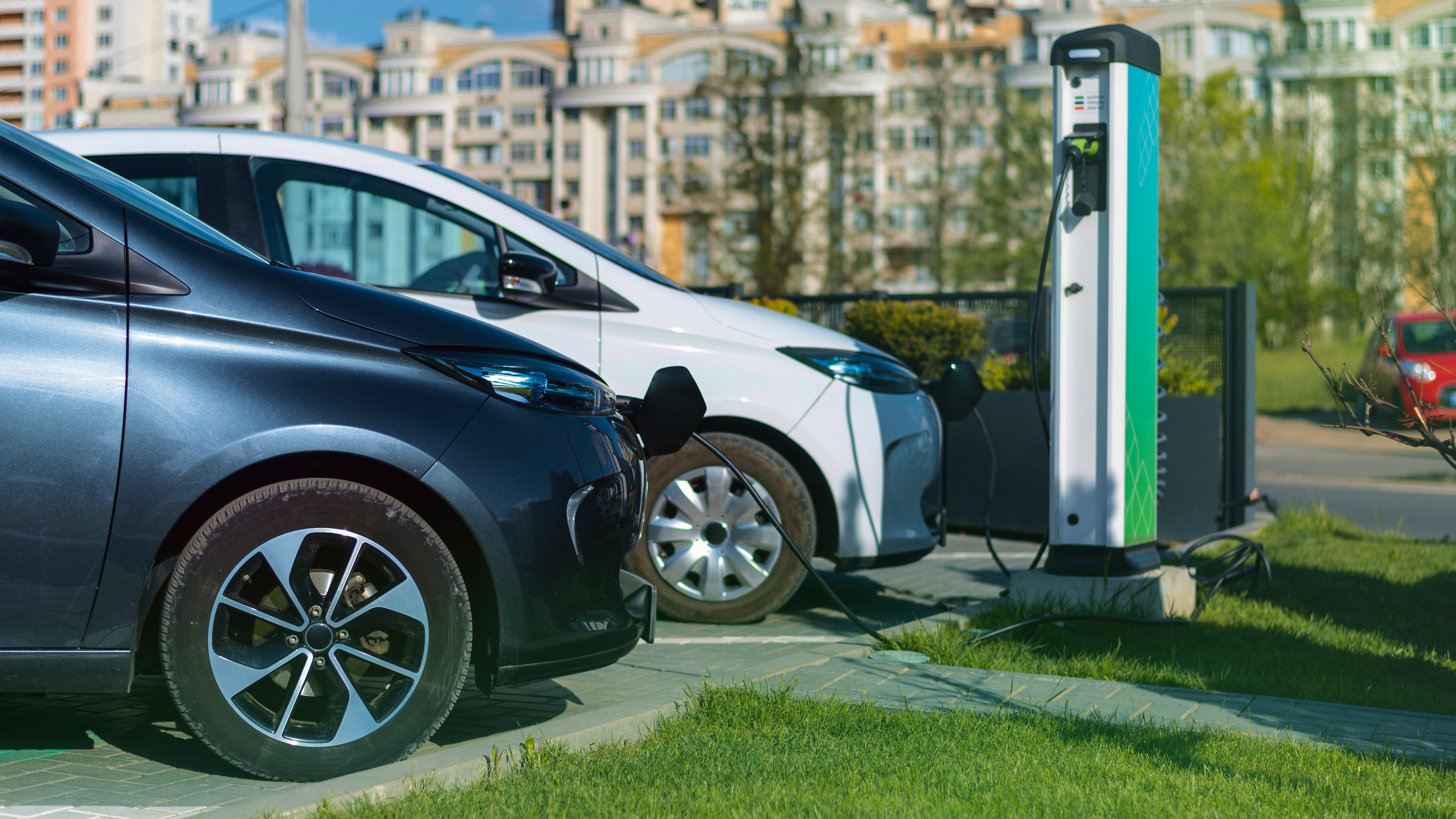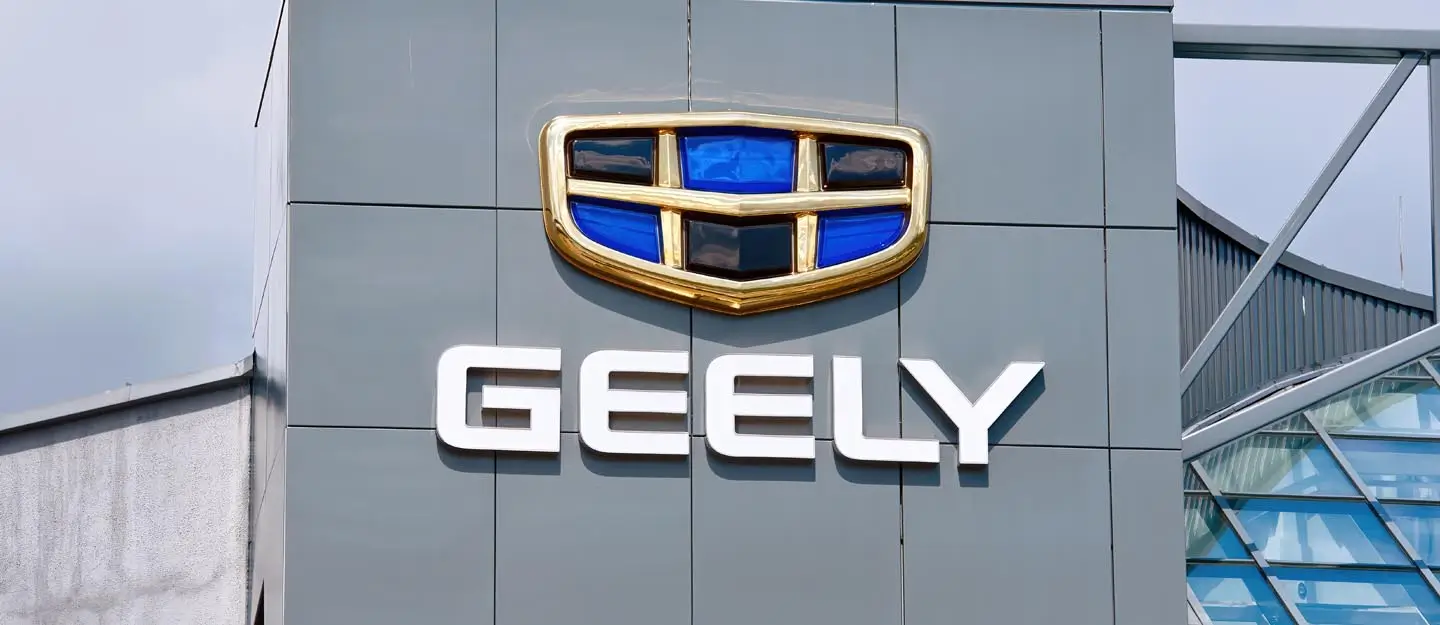As environmental awareness reshapes our world, the automotive sector reaches a critical juncture. U.S. car manufacturers are earnestly progressing towards a future powered by electricity to minimize greenhouse gas emissions. Yet, interestingly, the market is swaying in favor of hybrid vehicles. This emerging trend suggests a sensible, transitional phase in the evolution of transport, casting hybrids as a vital intermediary. They are the connective tissue linking the age-old internal combustion engines to the impending era of fully electric vehicles (EVs).

How Hybrid Cars Are Winning Over US Consumers in 2024 (PDF)
Edmunds.com’s striking statistics reveal this trend: over one million hybrids and 148,000 plug-in hybrids were purchased in 2023, marking a 76% jump from the previous year. The allure of hybrids stems from their blend of environmental friendliness and practical usability, providing an accessible green alternative that doesn’t demand a significant lifestyle change. This aspect particularly resonates with younger drivers, who are environmentally conscious yet often limited by financial constraints.
Consumer Skepticism and the Economic Landscape
The rising popularity of hybrids isn’t solely due to their eco-friendliness or affordability. Many potential buyers remain cautious about fully electric vehicles, pointing to the insufficient public charging infrastructure and high ownership costs as major deterrents. This apprehension is mirrored in the declining growth rate of EV sales, which, despite reaching a record million units in 2023, shows signs of stagnation. Current economic factors, including high-interest rates and escalating living costs, further detract from the allure of high-priced EVs. Additionally, competition from Chinese manufacturers, empowered by state subsidies to offer more affordable prices, poses a significant challenge to American car makers.
This shift in consumer interest has led to a strategic reevaluation within the industry. Ford, already a significant player in the hybrid market, plans to increase its hybrid production to quadruple sales in five years. General Motors, previously hesitant about hybrids, is now considering reintroducing them to the American market. This change in strategy prompts industry players like Nikola Corporation (NASDAQ: NKLA) to assess whether including hybrids in their lineup is a viable long-term strategy.
Hybrids: A Viable Long-Term Solution
In conclusion, the growing preference for hybrid vehicles among American drivers is leading to notable changes in the automotive industry. Hybrids, with their combination of efficiency, affordability, and environmental friendliness, are emerging not just as a temporary solution but as a sustainable, long-term alternative. They exemplify a practical choice for consumers navigating the complex landscape of personal transportation, balancing ecological concerns with economic realities. As the industry continues to evolve, hybrids stand as a reminder of the diverse, flexible solutions needed in the pursuit of a greener future.




